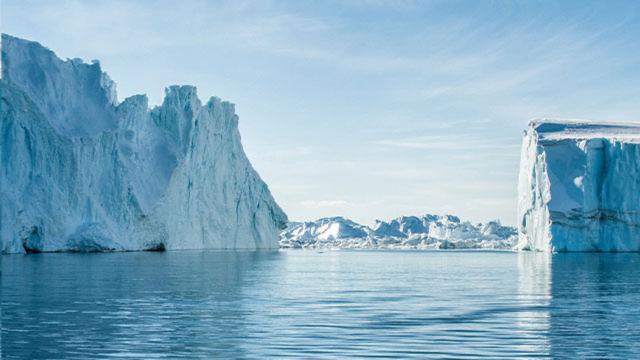
Construction project
DESY is strongly expanding its research campus in Hamburg and wants to develop into an interdisciplinary science centre. The campus development should be as sustainable as possible and represents a cornerstone of the future vision of the Science City Hamburg Bahrenfeld. Sustainable campus development includes the shortest possible construction phase for the realisation of new facilities.
In order to build and operate PETRA IV sustainably and effectively, the accelerator facility must be integrated into the existing tunnels of PETRA III. The existing infrastructure at DESY – from pre-accelerators to cooling facilities and computer centres – is required for the operation of PETRA IV. A completely new construction of PETRA IV “on a greenfield site” would be considerably more expensive and would also not be justifiable from the point of view of sustainability.
The Technical Design Report for the PETRA IV project will contain details of the construction measures. The report is expected to be available in mid-2023. It will provide concrete figures for construction traffic and the resulting disruptions. The aim is to keep the impact on residents as low as possible.

Impacts of construction
Currently, we anticipate two years. A planning of the construction phase will be worked out with the Technical Design Report. We assure you that we will keep the construction phase as short as possible in the interest of all, also because the construction of PETRA IV is associated with a shutdown of the currently running X-ray microscope PETRA III, which will lead to considerable restrictions for research at DESY.
It is already foreseeable that the Lise Meitner Park will be at least partially closed during the main construction period of about two years. For the construction of the approximately 600-metre-long experiment hall, large quantities of excavated earth will have to be moved and at least partially removed during the first months of the construction phase. For the later construction of the hall, large quantities of building material will be transported to DESY. We plan to handle all access and departure via the existing DESY access roads, if possible. However, we cannot rule out additional construction site access roads at the moment. It is expected that there will be phases when, for example, compaction work will cause greater noise.
We expect construction work to take place only during the day on weekdays. Exceptions may be concreting work, for example, which will have to be carried out throughout.
The Technical Design Report for the PETRA IV project will contain details of the construction measures. With it, we will be able to give concrete figures for construction traffic and resulting disruptions. In any case, we will strive to minimise the impact on residents and will examine all measures necessary to achieve this.
Our current information on the construction time is a realistic estimate based on DESY’s experience with the construction of comparable facilities, for example the European XFEL. The exact construction schedule will be determined with the contracted companies and made public. Should there be delays due to weather conditions, for example, we would have to react flexibly to these disturbances. Of course, the applicable limits for noise emissions and working hours would always be observed. What we an already guarantee: In the event of a change in the construction schedule, we will inform the neighbourhood in good time.
The limit values for emissions from construction sites are defined in the relevant regulations, in particular the Federal Immission Control Ordinance (BImSchV), and must be complied with. Among other things, this states: “On all days in the period from 8 p.m. to 7 a.m., special quiet protection should apply. In residential and other areas requiring special protection, construction machinery must not be operated at all on Sundays and public holidays and not on workdays in the period from 8 p.m. to 7 a.m.”

Heidrun Hillen
I am happy to answer your questions about PETRA IV.
Further research topics

Healthcare
How can diseases be better tackled?

New materials
How can we save resources?

Energy
How can we make more resilient materials?

New technologies
What do we need for the digital world of tomorrow?

Earth and the environment
How do we preserve our ecosystems?

Cultural heritage
How can we preserve our cultural treasures?

